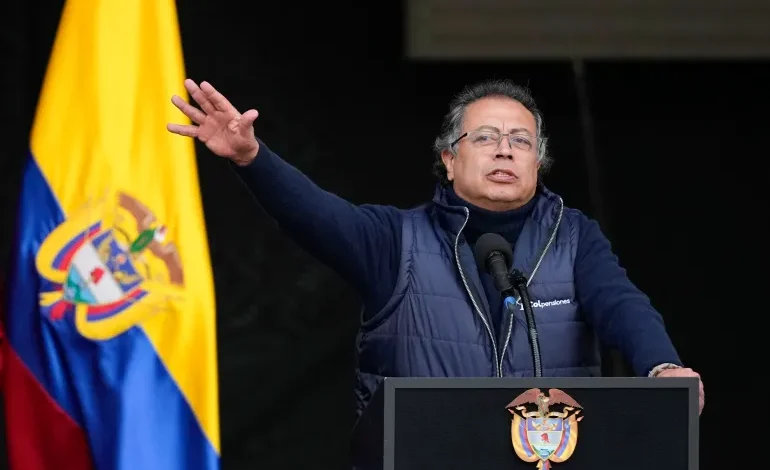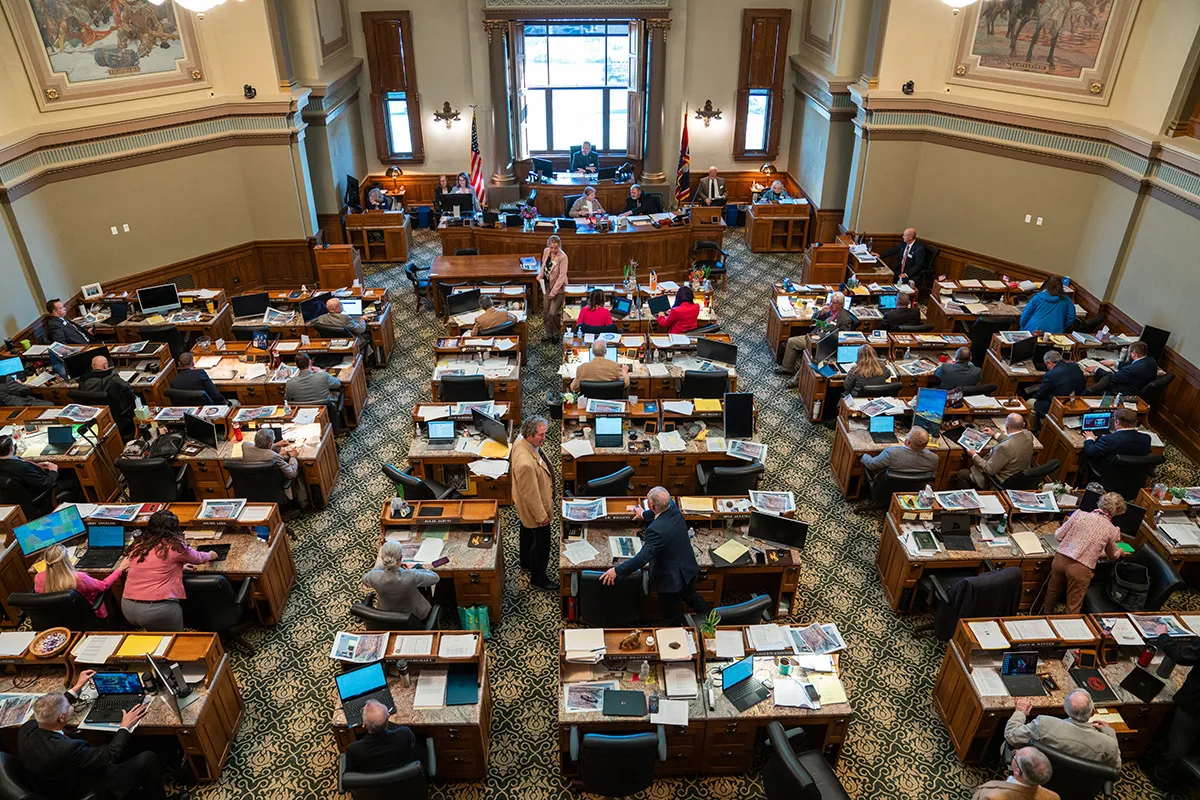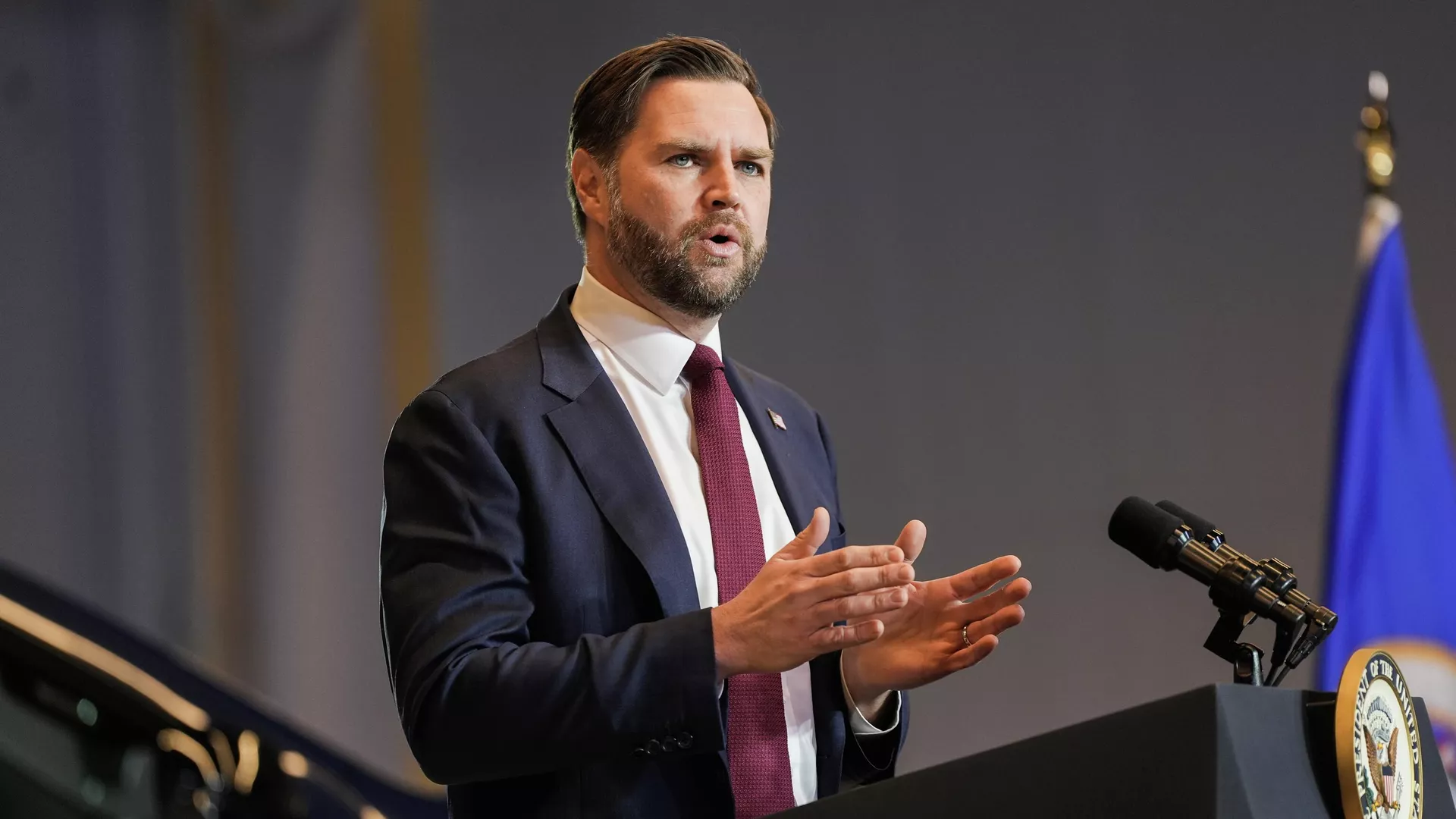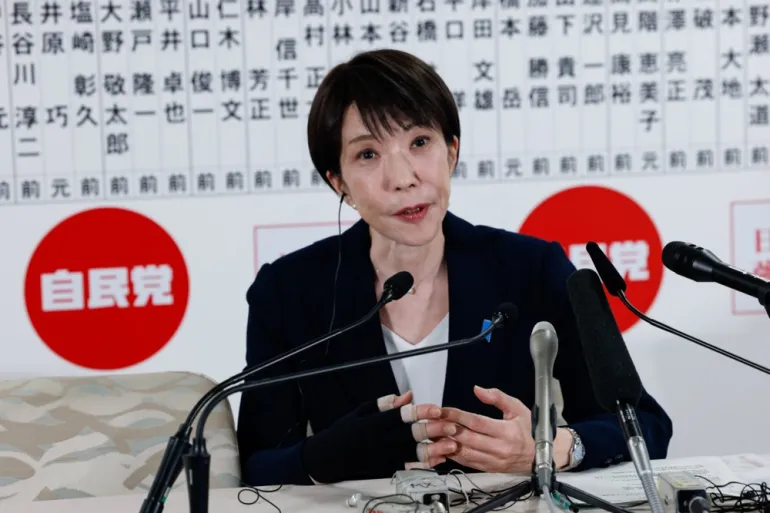Colombian Court Blocks President Petro’s Plan for Labour Reform Referendum

Colombia’s Council of State on Wednesday suspended a presidential decree that sought to call a nationwide referendum on labour reform, ruling that President Gustavo Petro lacked the Senate’s authorization to proceed.
The decree, signed last week, would have set a public vote for August on a package of measures including an eight-hour daytime work limit, higher weekend and holiday pay, and mandatory social-security contributions for delivery-app drivers. Those provisions form a cornerstone of the left-leaning president’s broader agenda to expand worker protections.
Opposition lawmakers argued the move violated Colombia’s constitution by bypassing the Senate, which must first rule on whether a referendum is advisable. Under Colombian law, any referendum result would also require approval from at least one-third of registered voters—about 13.5 million people—for it to take effect.
Critics further contended that a costly referendum would boost Petro’s political allies ahead of the 2026 elections, when the president himself is barred from seeking re-election.
Despite the court’s decision, the Senate on Tuesday narrowly approved a revised labour bill, 57–31, after extensive debate. The chamber had rejected a previous version in April, prompting Petro to threaten a referendum if legislators failed to act. The president’s office described Tuesday’s vote as “a historic step toward decent work.”
Petro was elected in 2022 on promises to address longstanding inequality, yet many of his proposed social and economic reforms have stalled in Congress. Supporters recently marched in Bogotá and other major cities in favor of the labour overhaul.
The political wrangling comes amid heightened security concerns after deadly bomb attacks in southwest Colombia and an attempted assassination of opposition senator Miguel Uribe Turbay, a potential presidential contender.
With input from Al Jazeera









The latest news in your social feeds
Subscribe to our social media platforms to stay tuned